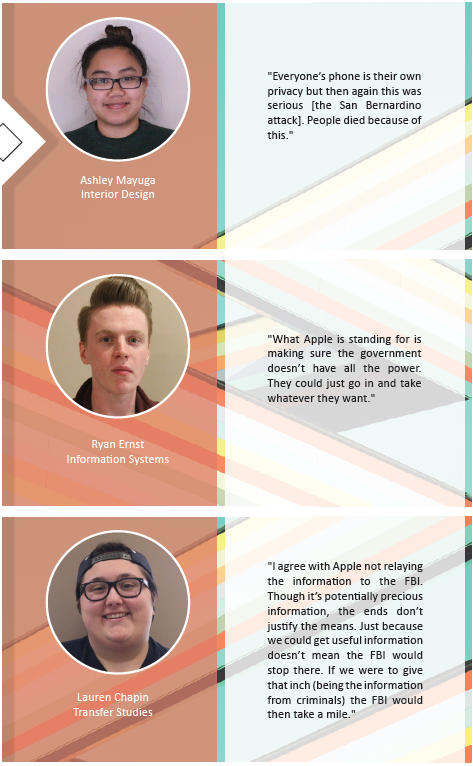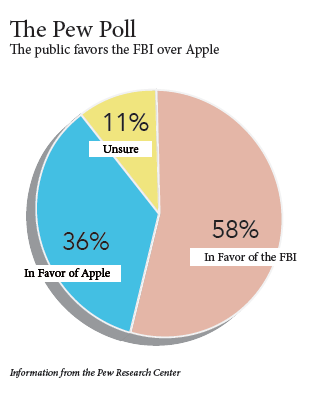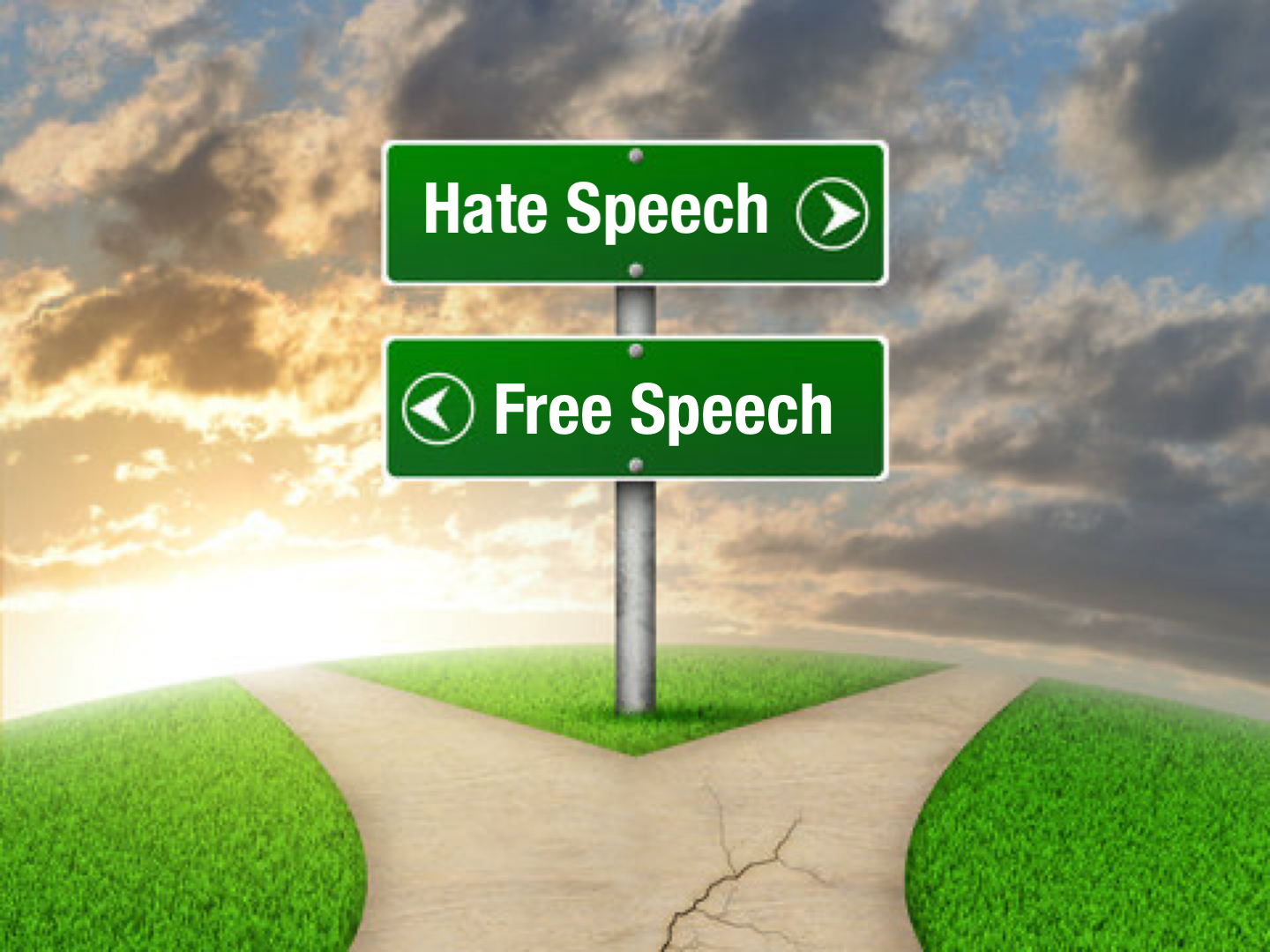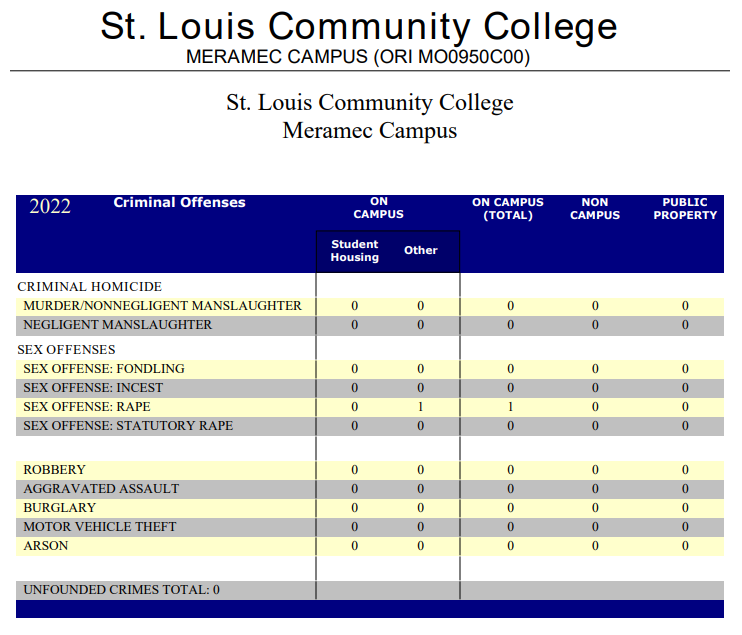Phone privacy and Apple vs. FBI explained
Apple vs FBI: What’s the deal?
By: KATIE LEICHT
Art & Life Editor
The feud between Apple and the Federal Bureau of Investigation began in early February when they gained custody of the iPhone 5c which belonged to Syed Rizwan Farook, the man behind the San Bernardino terror attack that left 14 individuals dead. With the FBI having access to the phone, they can find out potential information about the shooting, including the names and contact information of other terrorists or even evidence of other planned attacks. The FBI has no real access to any of this information due to the fact that Farook’s iPhone has a passcode.
The FBI has asked Apple to help access the contents of the phone, but unfortunately for the FBI, Apple refused to cooperate. The government is capable of using mass-surveillance and tracking technology, but cannot surpass the legal complications when it comes to Apple’s privacy policies.
The problem is that once this “break in” is done, it can be used again according to cryptography researcher Dr. Yehuda Lindell. Knowing this is possible will make it easier for others to find out how. Apple is not arguing about technical feasibility; it is concerned with legal precedent.
If the government can make it easier to unlock your iPhone, it would allow access into anyone’s device. Apple fears that once you create one backdoor, other agencies and governments will come calling for access, (according to engadget.com.) If Apple created this iOS system for the FBI, there would be no true way to keep it out of the hands of hackers to use for personal reasons.
The concern with FBI Intervention
By: IAN SCHRAUTH
Staff Writer
Apple has been to court with the FBI since February 2016 in regards to their privacy policy. Some people believe that Apple should allow the FBI to have access to the iPhone, but others believe that Apple did the right thing when they refused them access.
Professor of informational systems at STLCC – Meramec, Robert Oberst, believes that the FBI is taking this a step too far and most companies have sided with Apple in agreement that it is an invasion of privacy.
“We have already had enough of our rights eroded anyway,” Oberst said.
Oberst believes the situation is a slippery slope, he said, but if he was the CEO of Apple, he would not allow the FBI access to get into the iPhone either.
“I think that they can find information other ways, and I strongly resist it,” Oberst said.
Individuals believe that the privacy on their phones cannot be cracked, but they are wrong, Oberst said. Although phones do have high levels of encryption, institutions like the FBI have the technical power to decrypt it.
“It’s one of those areas that will become much more important in the future, and I think everybody has to decide how comfortable they feel with the use of their information by anybody who is not themselves,” Oberst said. “Because our information is part of us and we shouldn’t be giving it out without any specifications.” ‘













